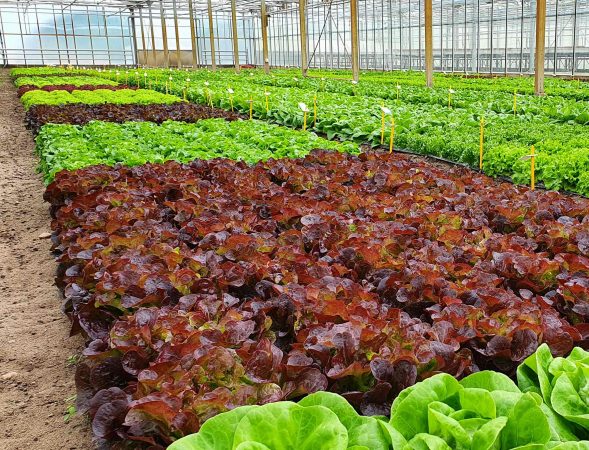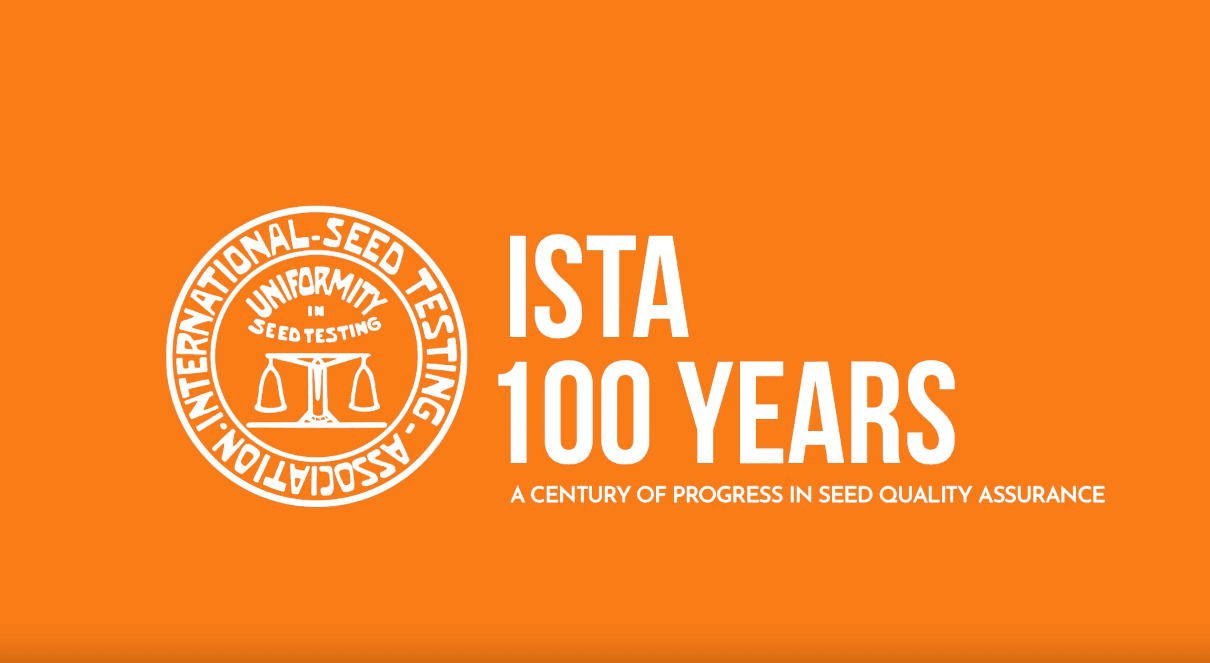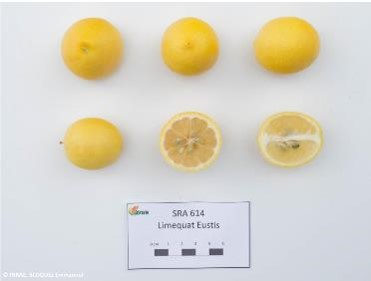
Back from March meeting of the CTPS Vegetable Species Section
At its meeting on 29 March 2021, the CTPS Vegetable Species Section validated the proposed registration of 6 varieties (cauliflower, shallot, lettuce and onion) and, subject to confirmation of the characteristics to be observed during bolting in the spring of 2021, will propose the registration of 6 other varieties (cauliflower, endive and onion) this summer. The March meeting of the Vegetable Section is also an opportunity to take stock of the official variety controls and to discuss methodological work that has been finalised or is still to be launched.
As far as DUS studies are concerned, the March meeting of the Section examined the applications finalised since the December Section meeting (endive, cauliflower, shallot, lettuce, onion) but also applications for varieties applying for inclusion in list c. This list of the catalogue is devoted to the registration of varieties threatened by genetic erosion. For the two varieties proposed for inclusion in list c, significant work was carried out to validate the historical identity of these varieties, in addition to the work carried out by the expert committees appointed to examine their threat of genetic erosion, which is an essential component of the inclusion of a variety in list c. Thus :
– for the savoy cabbage “Chou de Lorient – Algan”, a specific field trial comparing plants from applied seeds with a collection of 25 accessions collected from local growers at the end of the 1990s and now held and managed by the INRAE Ploudaniel Biological Resource Centre,
– for the turnip Noir Long de Pardailhan, bibliographical research and a survey of several experts for this variety grown in a rather confidential area, but which could be developed with the expected obtaining of an official quality sign based on the use of an officially recognised variety.
In terms of methodological work, the Section was informed of the development of a database on melon varieties shared by several European Examination Offices. Its routine implementation from 2021 under the supervision of GEVES for a period of 3 years will make it possible to consolidate the already significant expertise of GEVES in terms of variety descriptions for this species, but also to consolidate the variety distinctness concluded both for inclusion in the Official Catalogue and for the issue of PBR.
The Section was also informed of the projects under development at GEVES or in conjunction with other European offices for the use of molecular markers on different species. Once finalised, they will enable the optimisation of DUS trials in the field by reducing the number of variety controls to be sown or by carrying out variety controls for official purposes or as a service.
Finally, the SOC, French Agency in seeds controls, presented the main lines and novelties of the control plan in 2021 for seeds distributed under the standard regime, and its missions to support the sector in the implementation of the Plant Health Regulation and the regulatory obligations in terms of ToBRFV management.





